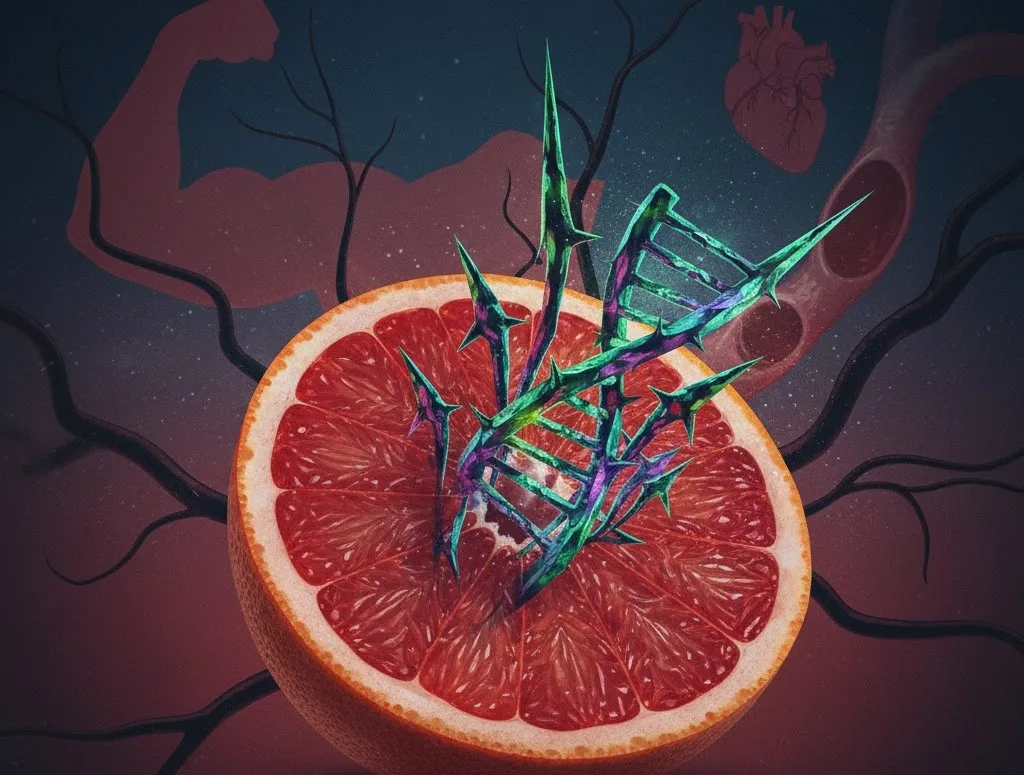The pursuit of peak physical performance often leads athletes to explore various avenues, some legitimate, others highly controversial. Among the most dangerous are performance-enhancing drugs, specifically anabolic steroids. While the dangers of steroid abuse—from cardiovascular issues to liver damage—are well-documented, a less-known but equally critical interaction exists: the impact of grapefruit consumption on steroid metabolism. This seemingly innocuous fruit, a breakfast staple for many, can dramatically alter how the body processes steroids, escalating risks for unsuspecting athletes.
Anabolic steroid use is a global problem, driven by the desire for enhanced muscle mass, strength, and faster recovery. However, a significant and potentially life-threatening side effect is erythrocytosis, an abnormal increase in red blood cells. This leads to thickened blood (increased blood viscosity), straining the heart and significantly raising the risk of blood clots, strokes, and heart attacks—a severe price to pay for perceived athletic gains.
The Double-Edged Sword of Grapefruit
Grapefruit, a hybrid fruit from the Citrus paradisi family, is celebrated for its health benefits, rich in flavonoids and furanocoumarins. But it's these very compounds that become problematic when combined with certain medications, including anabolic steroids.
The primary mechanism of concern lies in grapefruit's ability to inhibit the enzyme CYP3A4. This enzyme, predominantly found in the gut wall and liver, is crucial for metabolizing (breaking down) a vast array of drugs, including many steroids. When grapefruit's furanocoumarins, particularly bergamottin, block CYP3A4, the steroids are not broken down as efficiently.
The consequence for athletes is profound: a standard dose of an anabolic steroid, when taken with grapefruit, can result in a significantly higher concentration of the active drug in the bloodstream than intended. This is akin to taking a much larger dose, without the athlete even realizing it.
Escalated Risks for Athletes
For athletes engaging in steroid use, this interaction presents a serious amplification of risk:
-
Exacerbated Side Effects: The elevated steroid levels can intensify all known side effects. For instance, the risk of erythrocytosis and dangerously thickened blood could be dramatically increased, pushing cardiovascular strain to critical levels.
-
Unpredictable Dosing: Athletes attempting to "cycle" or carefully dose steroids might inadvertently receive unpredictable and dangerously high doses, undermining any attempts at harm reduction or controlled use.
-
Liver and Kidney Strain: Higher drug concentrations place increased stress on the liver and kidneys, organs already burdened by steroid metabolism.
-
Mental Health Impacts: The hormonal fluctuations caused by steroids are known to affect mood and behavior. Magnified doses could exacerbate these psychological impacts.
While some might speculate that grapefruit could help manage steroid-induced erythrocytosis by potentially increasing the removal of old red blood cells (a theory some studies have explored for its flavonoid content), this potential benefit is far outweighed by the profound and dangerous drug-drug interaction through CYP3A4 inhibition.
The Bottom Line
For athletes, knowledge is power, especially when it comes to performance-enhancing drugs. The interaction between grapefruit and anabolic steroids is a critical example of how everyday dietary choices can have severe, unintended consequences when combined with powerful pharmaceuticals. Any athlete contemplating or currently using steroids must be acutely aware of this interaction and the heightened risks it poses. It underscores the broader message: the pursuit of athletic excellence through illicit means is fraught with hidden dangers, and the grapefruit connection is a stark reminder that sometimes, what you don't know can truly hurt you.

